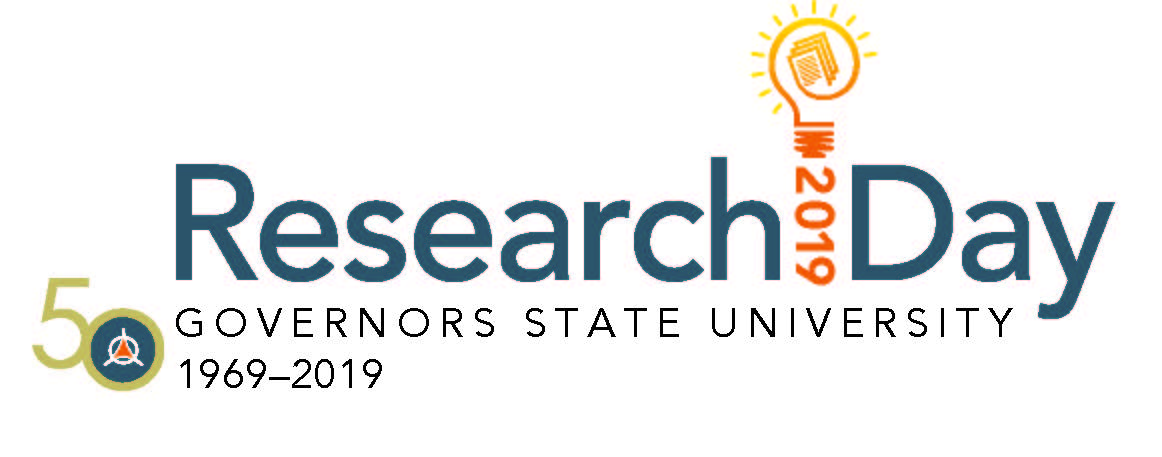
Political Difference and Marriage
Type of Presentation
Paper
Location
D34000
Start Date
4-12-2019 1:35 PM
End Date
4-12-2019 2:35 PM
Abstract
Using mixed-methods programmatic research, this presentation presents findings from a content analysis to develop a typology of political conflict based on participants’ descriptions of political disagreements with family members. Further, it presents results from two surveys and one qualitative study on political conflict in the home environment. Political disagreements concern partisanship, ideology, issues, and specific candidates and elections. Drawing on research on cross-cutting (Mutz, 2002) and dangerous discussions (Eveland & Hively 2009), this typology was then used to predict relational outcomes. Findings provide support for previous research that Republicans are more homogenous in close relationships (Mutz & Martin, 2001). Additionally, this program of research argues that individuals with less political information efficacy were more likely to report less communication satisfaction. Implications of the findings for family communication, network diversity, and asymmetric polarization are discussed.
Identify Grant
URG
Presentation File
wf_yes
Political Difference and Marriage
D34000
Using mixed-methods programmatic research, this presentation presents findings from a content analysis to develop a typology of political conflict based on participants’ descriptions of political disagreements with family members. Further, it presents results from two surveys and one qualitative study on political conflict in the home environment. Political disagreements concern partisanship, ideology, issues, and specific candidates and elections. Drawing on research on cross-cutting (Mutz, 2002) and dangerous discussions (Eveland & Hively 2009), this typology was then used to predict relational outcomes. Findings provide support for previous research that Republicans are more homogenous in close relationships (Mutz & Martin, 2001). Additionally, this program of research argues that individuals with less political information efficacy were more likely to report less communication satisfaction. Implications of the findings for family communication, network diversity, and asymmetric polarization are discussed.

Other Presentation Disciplines:
Political Science